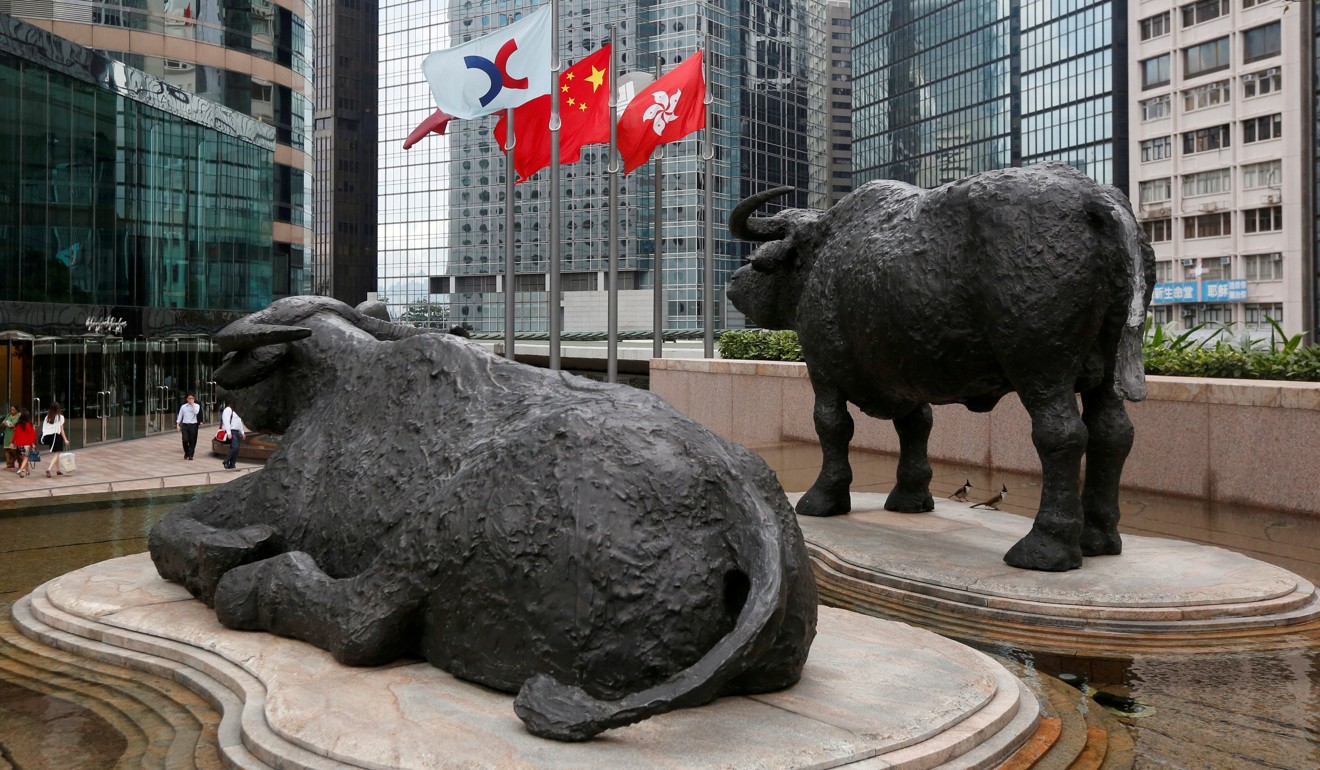
Hong Kong is far from being an economy in decline
Bernard Chan says writing off the city may make for catchy headlines, but its unmatched global ties and range of expertise have Hong Kong well-set for the next stage of its success story
The 20th anniversary of the establishment of the Hong Kong special administrative region prompted a lot of “looking back” in international media. One common theme was that Hong Kong had seen its best days and was on the decline.
These commentaries typically described Hong Kong’s amazing post-war rise. The city developed as an export manufacturingbase. As China opened up, the factories moved north and Hong Kong transformed into a financial and business hub and intermediary, especially serving mainland-based industries.
And then we get to the present – and the end. The theory is that there is no next stage, and apparently no future for Hong Kong.
We all know that Hong Kong has internal problems, like inequality and the quality of life. But this should not distract us from the reasons to be positive about our next stage of development.
How Hong Kong can be a key pillar for belt and road infrastructure
Belt and Road Initiative: what, when, why, how
Hong Kong has two key foundations to build on. First is our traditional global ties, especially economic and other links with the mainland, Southeast Asia, southern Asia and the West. Second is our rich base of skills and expertise in technical and professional services, ranging from finance and law to engineering.
Hong Kong-based companies are involved in a wide range of projects around Asia and other regions
We already see these advantages in action. Hong Kong-based companies are involved in a wide range of projects around Asia and other regions; many working in construction. A locally based international consultant is designing airport boarding, baggage and other facilities for a project in Cambodia. And a local company provides highway equipment and support for the Udon Thani Highway in Thailand. Hong Kong-based consultants are working on utilities projects in Poland and Bulgaria, while a local firm supplies energy-efficient lighting to projects in Kazakhstan.
But Hong Kong’s expertise goes far beyond construction design and engineering. One Hong Kong firm is helping mainland food suppliers to obtain halal certification from Malaysian religious authorities, which will enable exports to Muslim markets. One of our technology companies is developing virtual-reality and other e-learning platforms in Southeast Asia.
The largest wind power station in Maharashtra, India, is run by a Hong Kong company. The Hong Kong branch of an accounting major is providing tax compliance and other services for mainland clients in the Middle East. A Hong Kong law firm provides legal services to participants in the Thar II power project in Pakistan. And Hong Kong transit expertise plays important roles in rail and metro services in Melbourne, Stockholm and London. Other examples of our technical and professional skills include waste management in Bangladesh, shipping in Egypt and Turkey, and training for transport staff in Central Asia.
Hong Kong firms join forces to make deals under Silk Road plan
On top of all this, of course, we have our financial services industry, attracting clients and business from the world over. Our banks can provide financing, our capital market can raise funds, and other players provide services like fund management and insurance.

How Hong Kong’s Basic Law can serve the interests of all China
Supporting all these activities are Hong Kong’s key institutions and infrastructure, including our independent legal system, transport and communications facilities, unique ties with the mainland, and pro-business government. Our officials read out this list all the time, but for a good reason – no other place has all these features.
In short, we have extensive personal and economic relationships with the most dynamic parts of the world. We have built up the region’s biggest clusters of skills and expertise in many disciplines. Our physical and institutional infrastructure is also unmatched in Asia.
The idea that Hong Kong’s economic story has reached its end might make for dramatic articles in the press. But our past development has brought us to an enviable position. The next stage – helping Asia and the wider world move ahead – is already taking shape.
Bernard Chan is convenor of Hong Kong’s Executive Council

